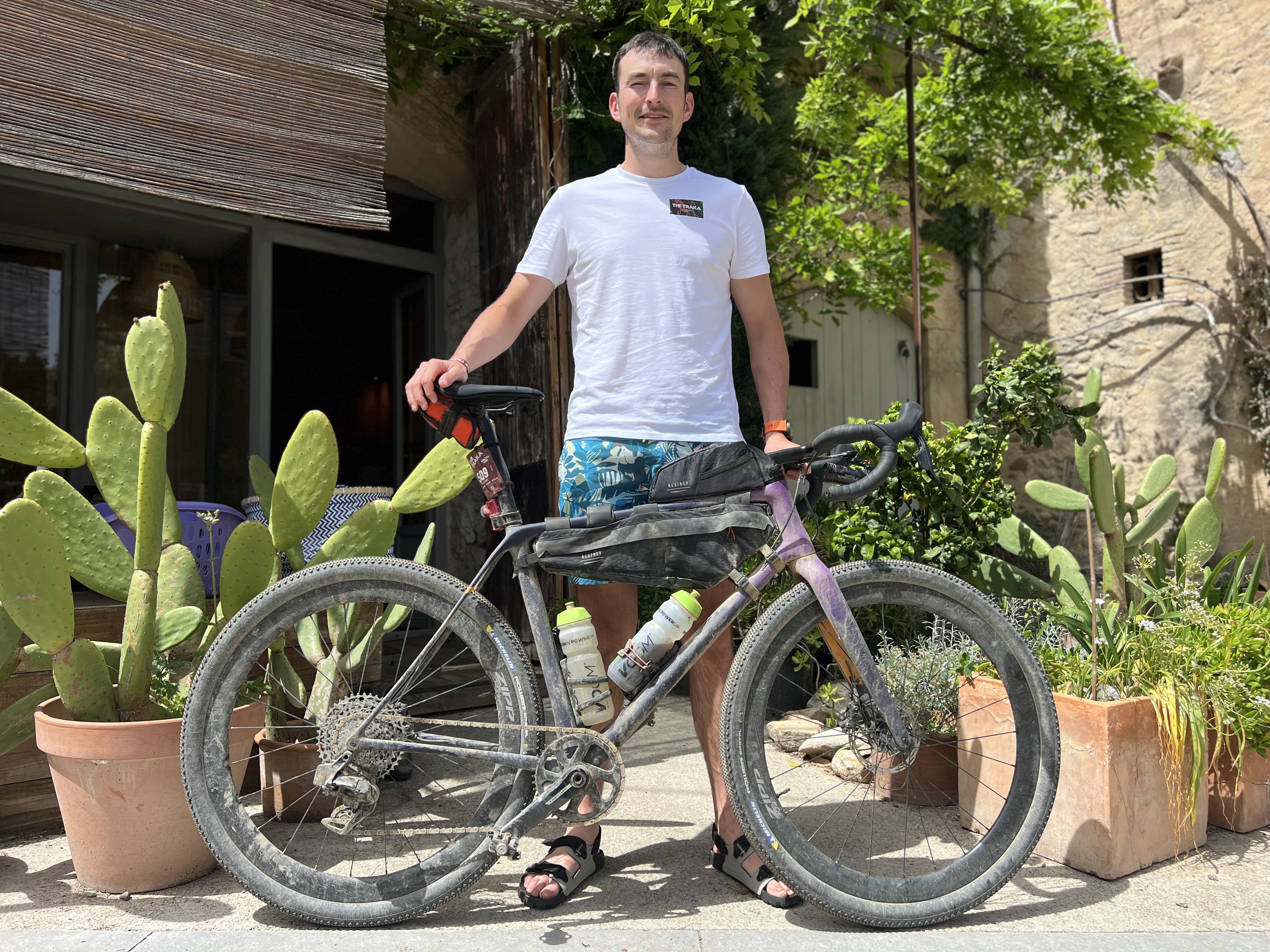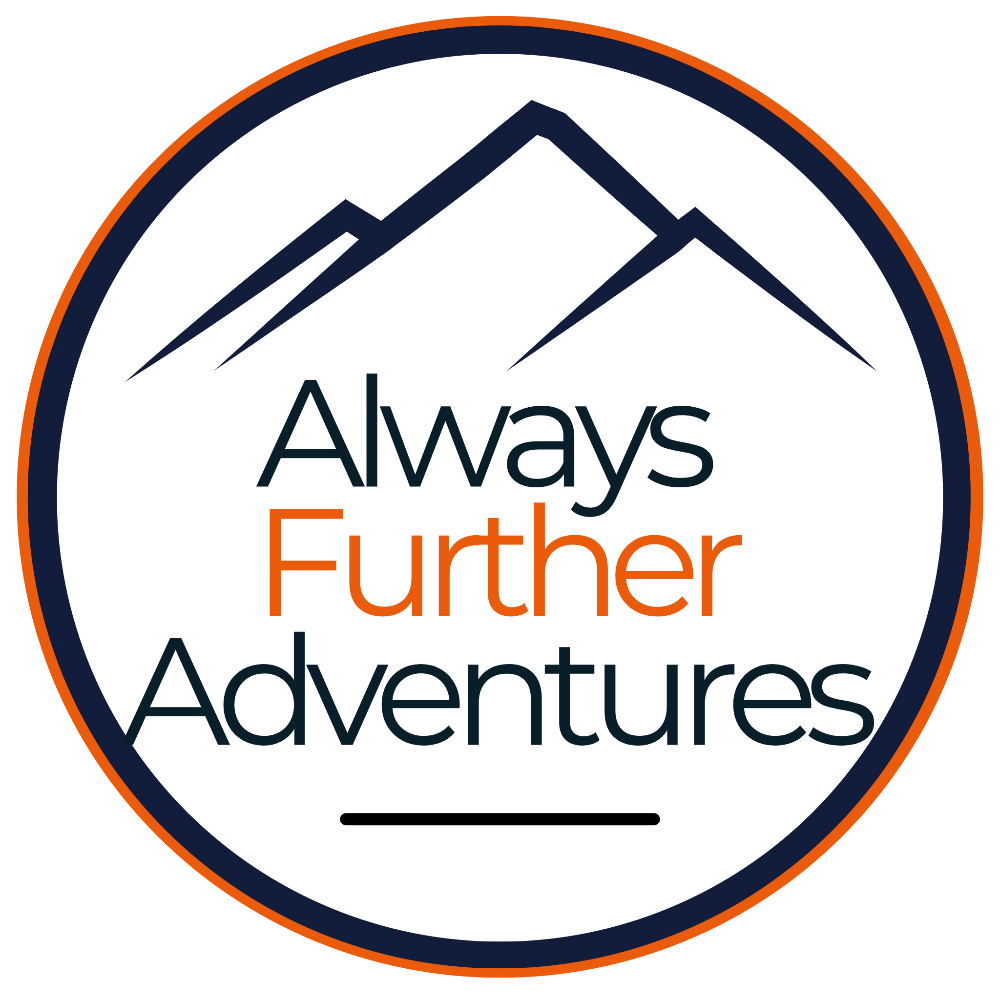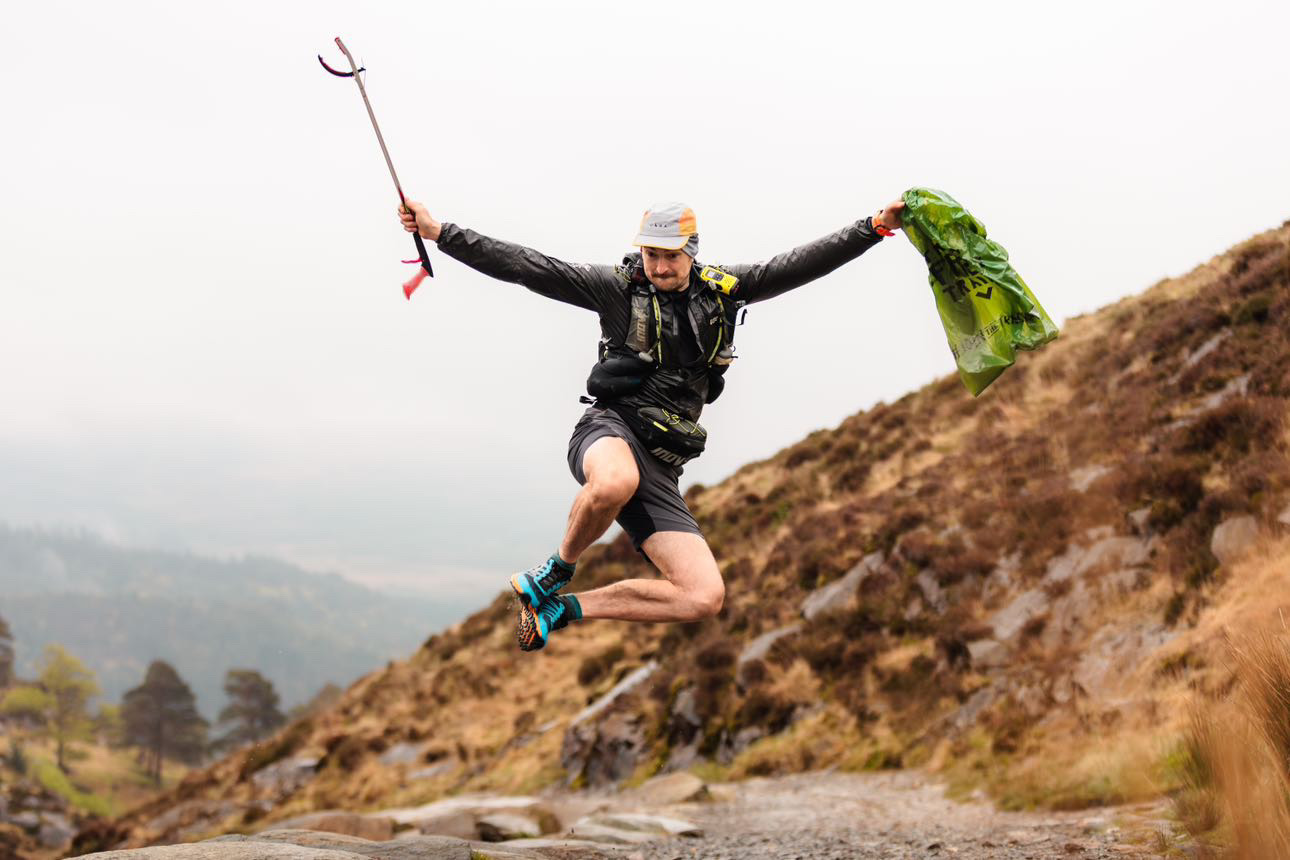TRAKA 360: Girona, Gravel, and Going the Distance
May 09, 2025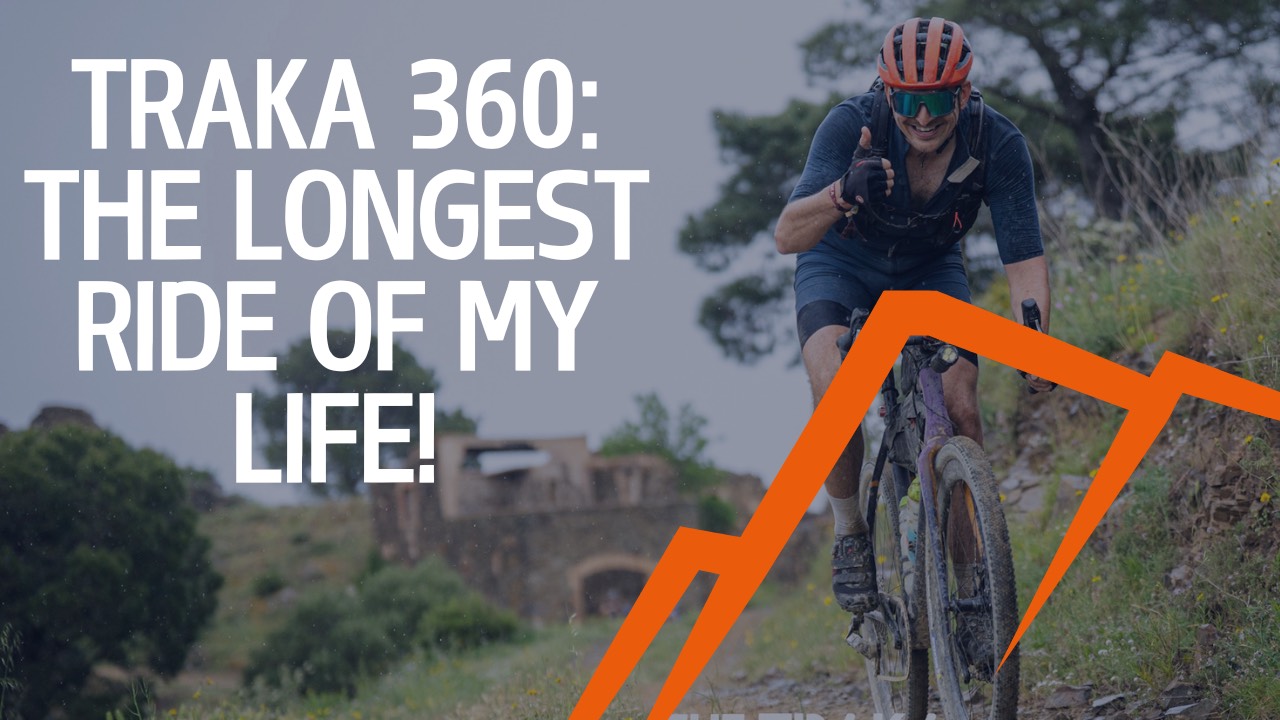
The TRAKA 360 is one of Europe’s most iconic gravel events, a monster of a race stretching 360km across the dusty roads and rugged hills of Catalonia. I took it on not to chase podiums or placings, but to prove something to myself. Could I really go the distance? Could I truly finish what I said I would do? This event was less about racing, and more about rediscovering something within myself.
We arrived in Girona a week early, giving me time to get familiar with the terrain and settle into the challenge ahead. But almost immediately, things went off-script. On the very first ride, my mech hanger snapped, flinging itself into the rear wheel and leaving the bike in pieces. In that moment, I genuinely thought the race might be over before it had even started. Trust in the bike which was still relatively new, was shaken, and I was left wondering if this challenge would slip away before it had begun.
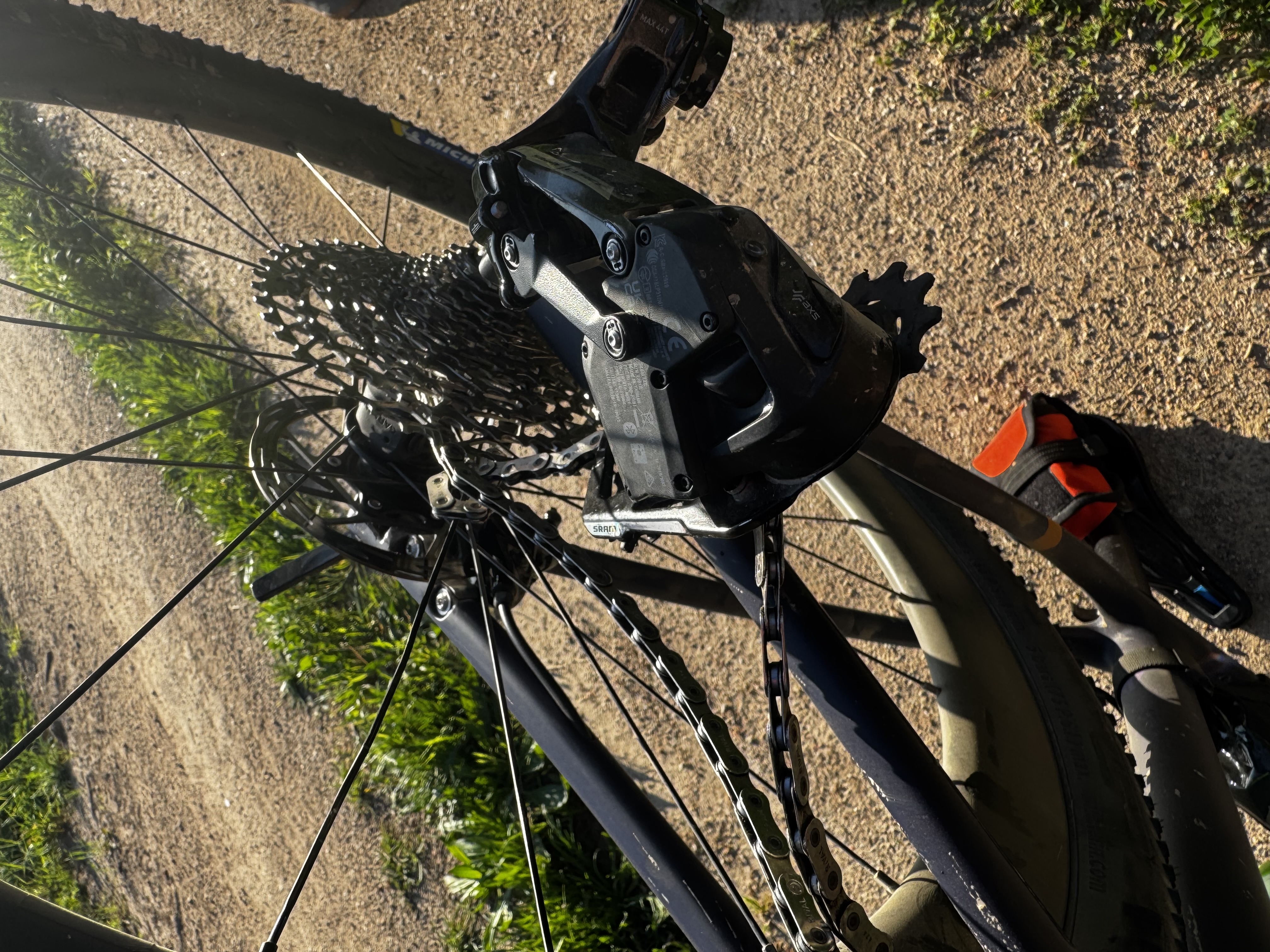
Thankfully, Girona came through. Jordi, a fellow Vielo rider and an absolute hero in cycle clothing, came to my rescue with the exact Vielo parts I needed. Without him, the race might never have happened. With those parts and a bit of open wallet surgery to pay for the servicing and repairs needed by the team at Eat Sleep Cycle, we were good to go! These amazing people restored my chances and reminded me that the Catalan cycling community is made up of some of the proudest and most generous people you could meet. It was an early highlight and set the tone for what would become a week full of reflection, doubt, and drive.
The rest of the week rolled by with light riding, café stops, and a steady build of nerves. Girona is a playground for cyclists, and everywhere I looked, I saw riders who looked stronger, faster, more prepared. Pro-level kit, pristine bikes, lean bodies, and focused expressions. It’s easy to feel out of place in that environment. My own training had structure, yes, but it hadn’t been flawless. Life had disrupted the best-laid plans. There were missed sessions, bouts of stress, and a persistent question in the back of my mind: was I really ready for this? I would be lying if I said that the 3 hours I sat at the cafe did not psych me out...
I’d never cycled 360 kilometres in one go. The furthest I’d ever ridden in a single day was 230 km, back in Iceland in 2018. That felt like a different life altogether. The uncertainty surrounding the distance weighed on me more than I wanted to admit. Would my legs survive it? Would my head? Could I dig deep when the unknown became overwhelming? The doubts weren’t loud, but they were consistent, whispers of worst-case scenarios that blended with the impostor syndrome and the memory of that early mechanical. Still, through all of that, I clung to one simple goal: finish what I said I would. That was the mission.
To make things more complicated, just six days before race day, I had taken on a challenge of an entirely different nature, running all eight main hiking and walking paths up Mount Snowdon (Yr Wyddfa) in a single day, as part of a mountain clean-up effort with Trash Free Trails. This definitely left me with sore legs, but this was a big-hearted mission, and a pleasure to be part of the team. It left me battered though. For the next four days, I could barely walk. It was, by no stretch of the imagination, the ideal taper for a 360 km gravel race, but in hindsight, maybe it was the most 'me' taper I could’ve done.
Because here’s the thing: for years, I’ve been the kind of person who does hard things. Ultramarathons, mountain marathons, multi-day bikepacking expeditions, rope climbs, big hikes, you name it. But over the past few years, I’d pulled away from that side of myself. I’ve been building my coaching business, pouring my energy into helping others, and somewhere along the way, I stopped chasing the kind of challenges that truly test me. So even though eight laps of Yr Wyddfa wasn’t textbook tapering, it felt like a reawakening. It reminded me of who I am. Someone who seeks out the hard things. Someone who follows through. And I think that’s what I’m most proud of from TRAKA, not the time, not the ranking, but the return to that part of myself that finds purpose, perspective, and peace in doing hard things.
Race day arrived early. The alarm went off at 4am. Quiet breakfast. Strong coffee. Final kit checks. The air at the start line was full of electricity. When we rolled out at 6am under clear skies, the nerves settled. I had no detailed plan, just keep moving forward - go Always Further, and Do What You Said You Would Do.
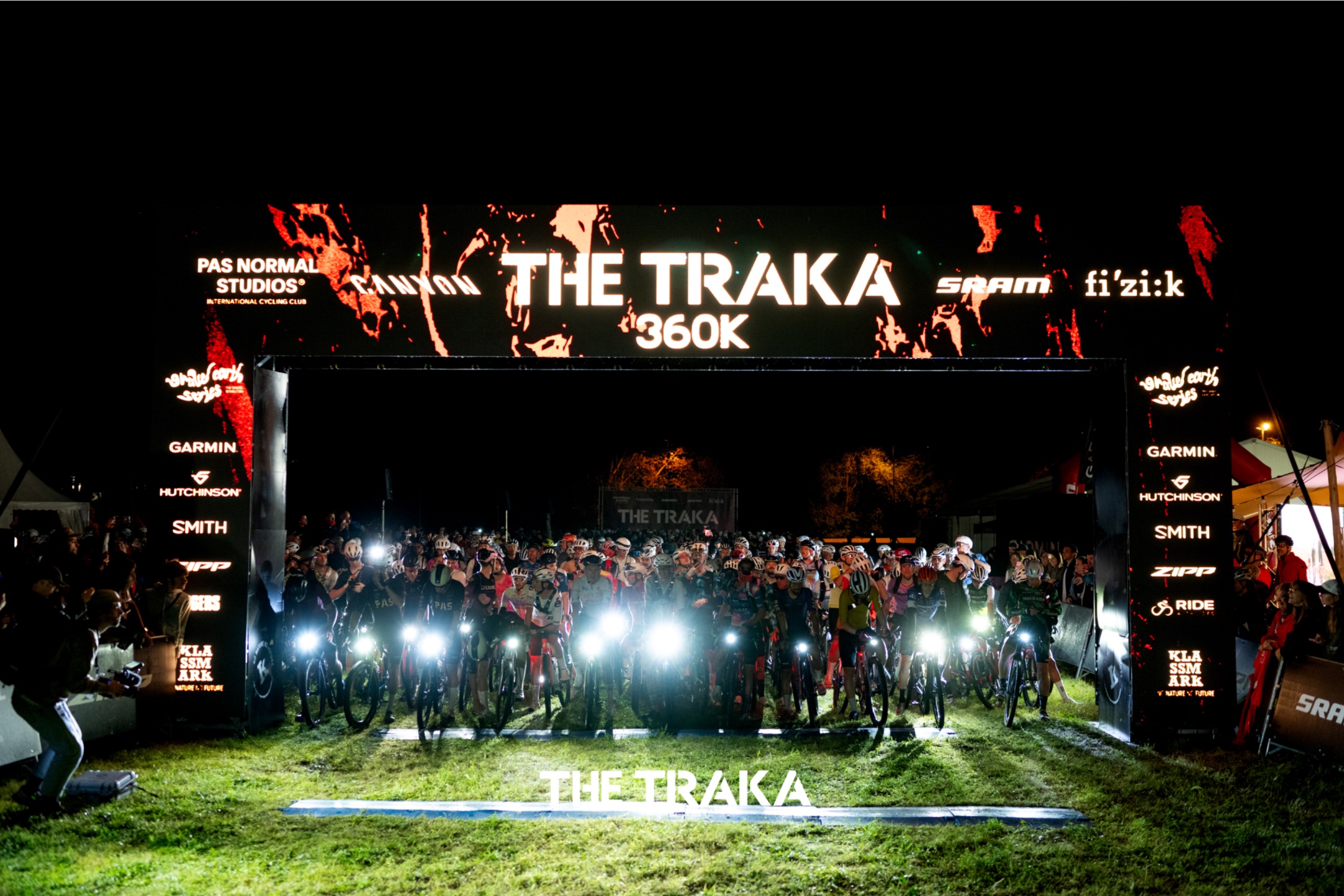
The opening section was a dream. Dry gravel, golden light, cool morning air. I quickly found rhythm, linking up with a group of German riders. We moved efficiently, covering the first 135km in just under five and a half hours. I felt strong, controlled, and in flow.
At each feed station, I gave myself permission to slow down. Eat properly. Refill bottles. Take a moment to breathe. I knew what was coming next: the mountainous middle section. Long, steep climbs and jarring descents that would batter both body and bike. And batter me they did. The terrain was loose and relentless. My bike rattled and shook with every impact, but it held together. Bit by bit, my confidence in it, and in myself, began to return.
Somewhere around the 160km mark, I stopped to help another rider who was having a nightmare. Four punctures in. Events like this remind you that no one’s immune to bad luck, and no one finishes these things without a little help. We’re all out there together.
At 180 km, I saw Sarah for the second time. A moment of calm in the storm. I devoured orange segments like they were going out of fashion. Something about them just hit right and by the end of the race, I must’ve eaten a whole tree’s worth (okay, at least 13 whole oranges!). Sometimes it’s the small things that keep you moving.
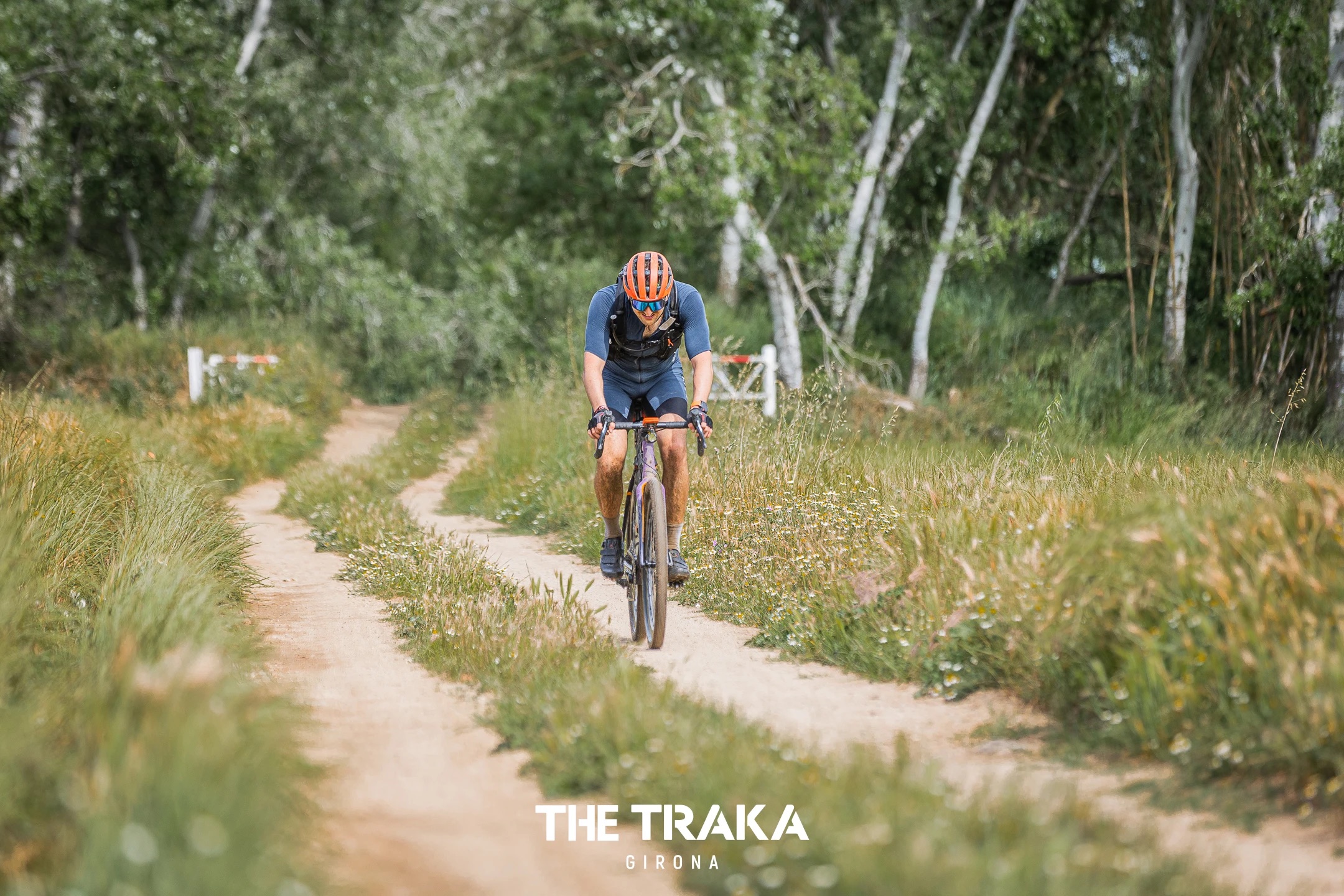
The next stretch was flatter, 100 km of consistent grind. I aimed to get through it in about four and a half hours. To my surprise, I was still feeling good. Still eating. Still hydrating. Still turning the pedals. But then the wall came.
The fatigue caught up with me. It felt like I was sleepwalking. Not asleep, but barely alert. Every part of me dulled, and that’s when the mental trench opened up.
The thing about that trench is this: it’s frighteningly easy to fall deeper into it. One negative thought leads to another, and the next thing you know, you're spiralling. I started thinking maybe I should call Sarah. Maybe take a shortcut. Maybe I didn’t need to finish. Maybe I’d done enough. After all, I’d already gone further than I ever had before.
But then I caught myself. What would my clients think if I didn’t finish? What would Sarah think? What would random strangers on the internet think? But more than any of that, what would I think? Would I be okay with quitting?
The answer came fast and sharp: absolutely not.
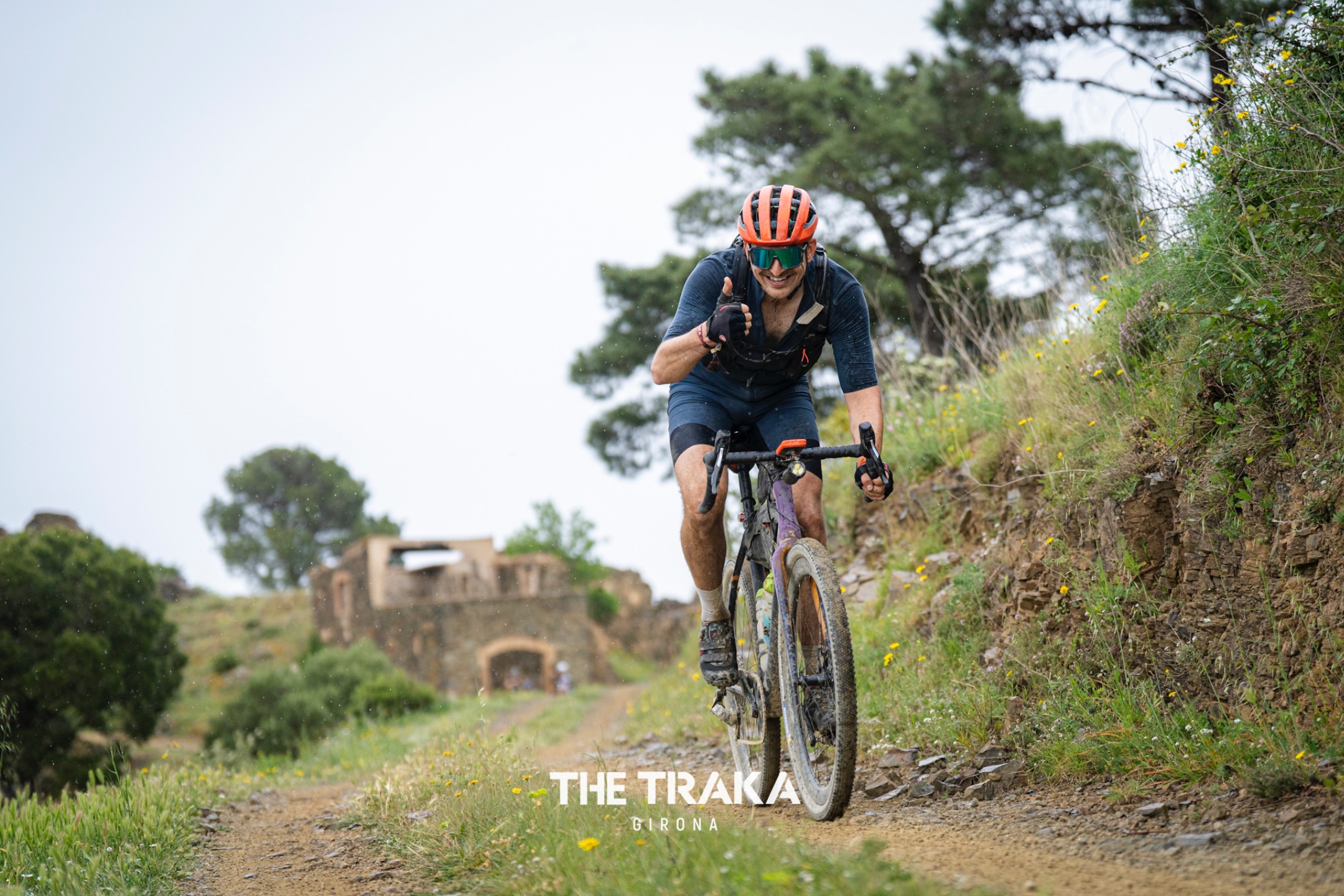
This is what I said I was going to do. I didn’t come this far to nearly finish. I didn’t put in the work to pull out now. I’ve never cycled this far before, did I really expect it to be easy? "No. This is what hard feels like, Ben. Welcome back".
So I reached the third feed station, loaded up on more orange segments, took a proper moment to reset, and got ready for what came next: Garmin Hill, the hardest climb of the entire route.
It lived up to the hype. Long, steep, and completely unrelenting. I crawled up it, running on fumes. Even a rider on the 560km route said it was the worst hill of the whole thing. But I made it. Slowly.
From there, a brutal descent, one final kicker of a climb, and then the last 50 km. At the final feed station, I felt something shift. I was tired, sure, but I was also fired up. I locked in. I started overtaking riders again. I just wanted to get back. To cross the line. To close the loop.
The last kilometres dragged. As they always do. But finally Girona came into view. I crossed the line in 18 hours, 15 minutes, and 23 seconds. Empty, but fulfilled.

The next day brought a different kind of challenge. Not soreness. Not stiffness. But deep, lingering mental fatigue. I’d run a mountainous ultra up Snowdon just a week before. My taper had been a mountain marathon. I was cooked. And yet, I was proud.
We don’t talk enough about what these events take out of us, not just physically, but mentally. They demand everything. And when it’s over, we need space to recover, to reflect, to simply be.
So that’s what I did. I took time. Ate well. Sat with Sarah. Had a few alcohol-free beers. Celebrated something not for stats or medals, but for what it meant to me.
It wasn’t perfect. It wasn’t easy.
But it was mine.
And I finished it. Welcome Back.
